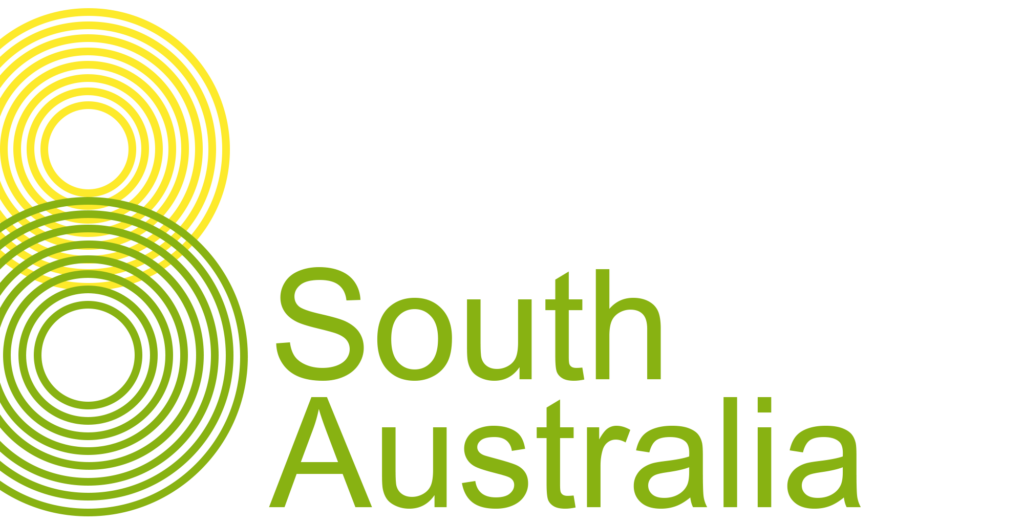
Budgie Sounds
Discover the Enchanting World of Budgie Sounds
Budgerigars, commonly known as budgies, are one of the most popular pet birds worldwide, and it’s easy to see why. These small, vibrant parrots are not only beautiful but also fascinating in their ability to communicate through a wide range of sounds. From playful chirps to melodic whistles, budgies have a vocal range that is surprisingly varied for such small creatures. For bird enthusiasts and new budgie owners alike, understanding budgie sounds is key to enhancing the experience of living with these delightful birds.
In this blog post, we’ll explore the different types of budgie sounds, what they mean, how to encourage your budgie to vocalise, and why budgie sounds are such an enchanting aspect of owning one of these charming birds.
Why Budgie Sounds Are So Fascinating
Budgies naturally possess an impressive ability to mimic sounds. They can replicate human speech, household noises, and even animal sounds. This unique talent makes them captivating pets to watch and interact with. Additionally, each budgie has its own distinct vocal style, influenced by its environment and the interactions it has with its human caregivers. Some budgies may chatter incessantly, while others may prefer a quieter existence. Furthermore, the sound a budgie makes can reflect its mood, comfort level, and needs. For example, a content budgie might engage in soft chirps, while a budgie feeling threatened may produce sharp, high-pitched calls.
The Types of Budgie Sounds You Might Hear
Budgies are highly vocal creatures, and their sounds vary greatly depending on their age, personality, and surroundings. Below are some of the most common types of sounds you’ll hear from your budgie.
Chirps and Chatter
One of the most common sounds you’ll hear from a budgie is a gentle, rhythmic chirp. Budgies produce these chirps frequently, especially when they are content or engaged with their environment. They often use chirps to communicate with their flock or their human caregivers. In fact, chirps indicate everything from happiness to a desire for attention.
What do chirps mean?
Chirps typically signal that the budgie is feeling comfortable, curious, or happy. Your budgie will chirp when it’s playing, interacting with you, or simply enjoying its surroundings. If your budgie chirps frequently, it’s a good sign that it feels secure and content in its environment.
Whistles and Trills
Another signature sound of budgies is their ability to whistle and trill. Budgies can create a variety of melodic whistles, some of which sound like tunes, while others are more random but still pleasing. Trills also form part of their repertoire, where the bird rapidly alternates between different pitches.
Why do budgies whistle and trill?
Whistling and trilling often reflect a budgie’s playful mood. Budgies whistle or trill to communicate with other birds, especially when they’re excited or looking for attention. These sounds also indicate joy and engagement, and they can form part of the bond that develops between a budgie and its owner.
Vocal Mimicry
Budgies excel at mimicry. If you’ve ever heard a budgie repeating words or phrases, you’ve experienced their remarkable vocal ability. Budgies can imitate a wide range of sounds, from human speech to the ringing of a doorbell. This skill allows budgies to become very interactive pets. In fact, they may even mimic sounds they’ve never heard before if they’re familiar enough with their environment.
What are some common phrases budgies learn?
Budgies can pick up simple words and phrases such as “Hello,” “Good morning,” and even their names. Some budgies mimic phrases from their owners, while others learn from their environment, picking up sounds from television, music, or family members. Mimicry helps budgies bond with you and communicate with their surroundings.
Squawks and Screeches
Though budgies are generally peaceful, they can also produce loud squawks and screeches. These vocalisations are harsh and often indicate alarm, fear, or aggression. A budgie might squawk or screech when it feels threatened or cornered.
When should you be concerned about Budgie Sounds?
If your budgie frequently makes squawking or screeching noises, it could indicate stress or discomfort. Budgies may make these sounds when they feel threatened by a new environment, unfamiliar people, or other pets. Therefore, pay attention to your budgie’s behavior and determine if external factors are causing distress.
Heartbeat and Purring Sounds
While not as common, some budgies make a soft “purring” sound when exceptionally content. This sound is similar to the gentle purring of a cat and often occurs when a budgie feels comfortable and safe, either when being petted or in a relaxed environment.
What does purring mean?
Purring signifies that the budgie feels calm and at ease. It’s a sign of trust and affection. When your budgie purrs, it shows that it enjoys your company and feels safe in its environment. Purring is one of the most endearing sounds a budgie can make.
Interpreting Your Budgie’s Sounds: What Do They Mean?
Understanding your budgie’s sounds helps you provide the best care possible. Different sounds indicate different emotional states or desires. Here’s a closer look at how to interpret your budgie’s vocalisations.
-
Playful Sounds: If your budgie is chirping, whistling, or trilling, it’s likely in a playful, happy mood. You can engage with your budgie by offering toys, talking to it, or simply spending time together.
-
Attention-Seeking: A budgie that constantly calls, chirps, or whistles might be asking for your attention. It could be hungry, thirsty, or bored and seeking interaction.
-
Aggression or Fear: Loud squawks or screeches usually signal fear or aggression. Your budgie might feel threatened, either by a new environment, unfamiliar people, or another pet.
-
Affection: Soft chirps, purring, or gentle vocalisations show affection. Your budgie trusts you and feels safe when it makes these sounds.
Recognising these vocalisations lets you better meet your budgie’s needs and strengthen your bond.
How to Encourage Your Budgie to Vocalise
While some budgies are naturally vocal, others may need encouragement. Here are a few tips for helping your budgie become more vocal:
Social Interaction
Budgies are social creatures and thrive on interaction. Spend time talking to your budgie each day. The more you interact, the more likely your budgie will start mimicking your voice and words. Engage in frequent conversations, and your budgie will begin to recognise your voice as part of its daily routine.
Environmental Stimulation
Create an environment that stimulates your budgie. Add mirrors, toys, or even other birds to their cage. The more your budgie is engaged, the more likely it is to vocalise. A rich and stimulating environment encourages your budgie to experiment with new sounds and vocalisations.
Positive Reinforcement
When your budgie makes a sound you like, such as repeating a word or whistling a tune, reward it with a treat or praise. Positive reinforcement helps your budgie associate vocalisation with positive outcomes, encouraging them to keep talking.
Play Sounds They Can Mimic
If your budgie is particularly quiet, play sounds it can mimic. You can try playing soft music, nature sounds, or recordings of other birds chirping. Your budgie will likely respond, trying to mimic the sounds it hears.
The Benefits of Budgie Sounds
Living with a vocal budgie can be an immensely rewarding experience. The sounds they make enrich your home, adding joy and companionship. For owners who enjoy bird sounds, budgies are the perfect pet. Their vocalisations offer entertainment and a way to bond with your pet.
Budgie sounds also help you connect with your bird. As your budgie learns to communicate through chirps, whistles, and mimicry, your relationship grows stronger. These vocalisations not only show that your budgie is content but also create a deeper connection between you and your pet.

Embrace the Charm of Budgie Sounds
From their cheerful chirps to their impressive ability to mimic speech, budgie sounds add a unique charm to these delightful birds. Understanding your budgie’s vocalisations and encouraging them to make more sounds can enhance your experience as a budgie owner. Whether you’re listening to their melodic whistles, enjoying their playful chatter, or marveling at their mimicry, budgie sounds provide joy and life to any home.
So, the next time you hear your budgie chirping away, take a moment to appreciate the unique vocalisations that make these birds such delightful companions. Their sounds aren’t just noise—they’re a reflection of their personality and a gateway to a deeper connection with your feathered friend.
To learn more about Budgie Breeds, click here.
